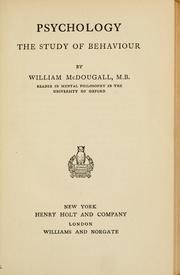
Photo from academic.microsoft.com
Remaining satisfied with a relationship often requires thinking in ways that use self-regulatory resources—satisfied couples discount undesirable experiences when forming global evaluations of the relationship. Nevertheless, recent work indicates that… Click to show full abstract
Remaining satisfied with a relationship often requires thinking in ways that use self-regulatory resources—satisfied couples discount undesirable experiences when forming global evaluations of the relationship. Nevertheless, recent work indicates that the self-regulatory resources required to engage in these processes are limited. Although consuming new energy may be one way to replenish these limited resources, sleep is another. The current study used a daily diary study of 68 newlywed couples to examine the implications of sleep for daily marital evaluations. Every day for up to 7 days, both members of the couples reported their evaluations of their interpersonal specific experiences, global relationship satisfaction, and amount of sleep. Multilevel analysis revealed that spouses were more satisfied on days after which they had slept for a longer period of time. Furthermore, sleep also buffered husbands’, but not wives’, marital satisfaction against the implications of negative specific evaluations—husbands were better able to remain more globally satisfied despite negative evaluations of specific aspects of the relationship on days following more sleep. These findings suggest that sleep may offer self-regulatory benefits and should thus be incorporated into existing interpersonal models that highlight the importance of self-regulation.
Journal Title: Journal of Family Psychology
Year Published: 2017
Link to full text (if available)
Share on Social Media: Sign Up to like & get
recommendations!